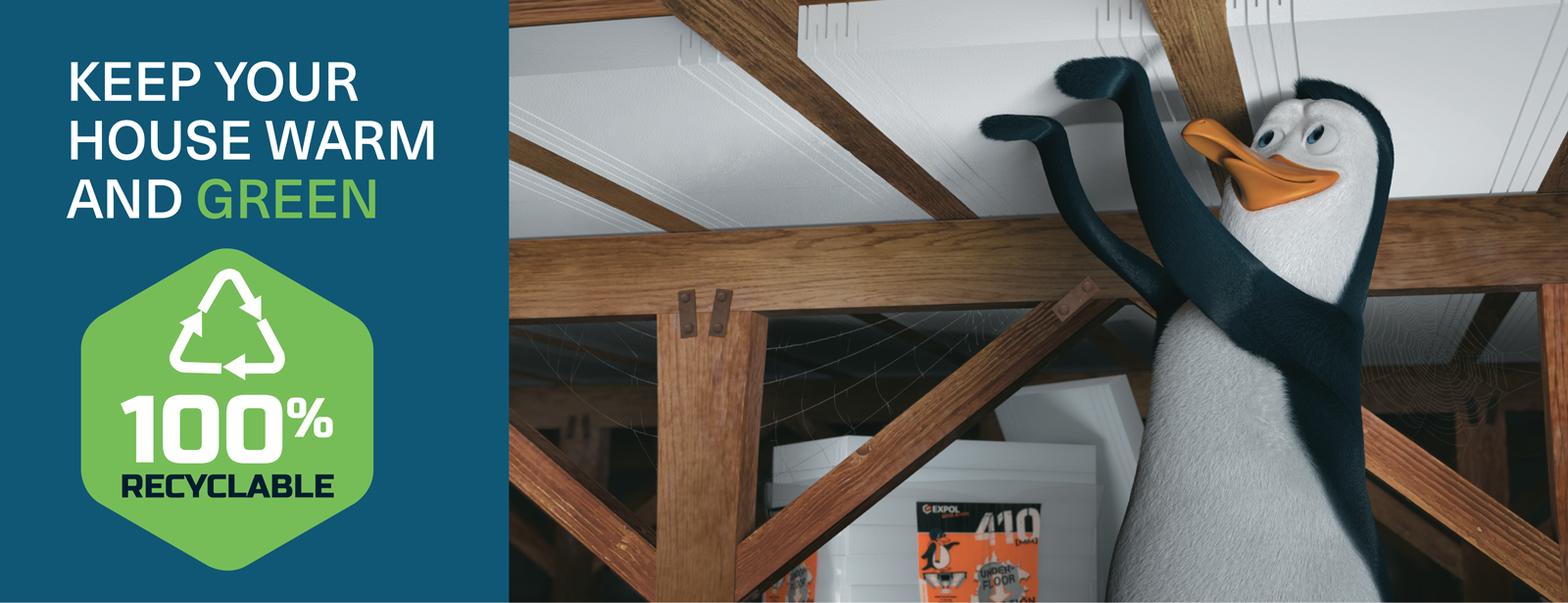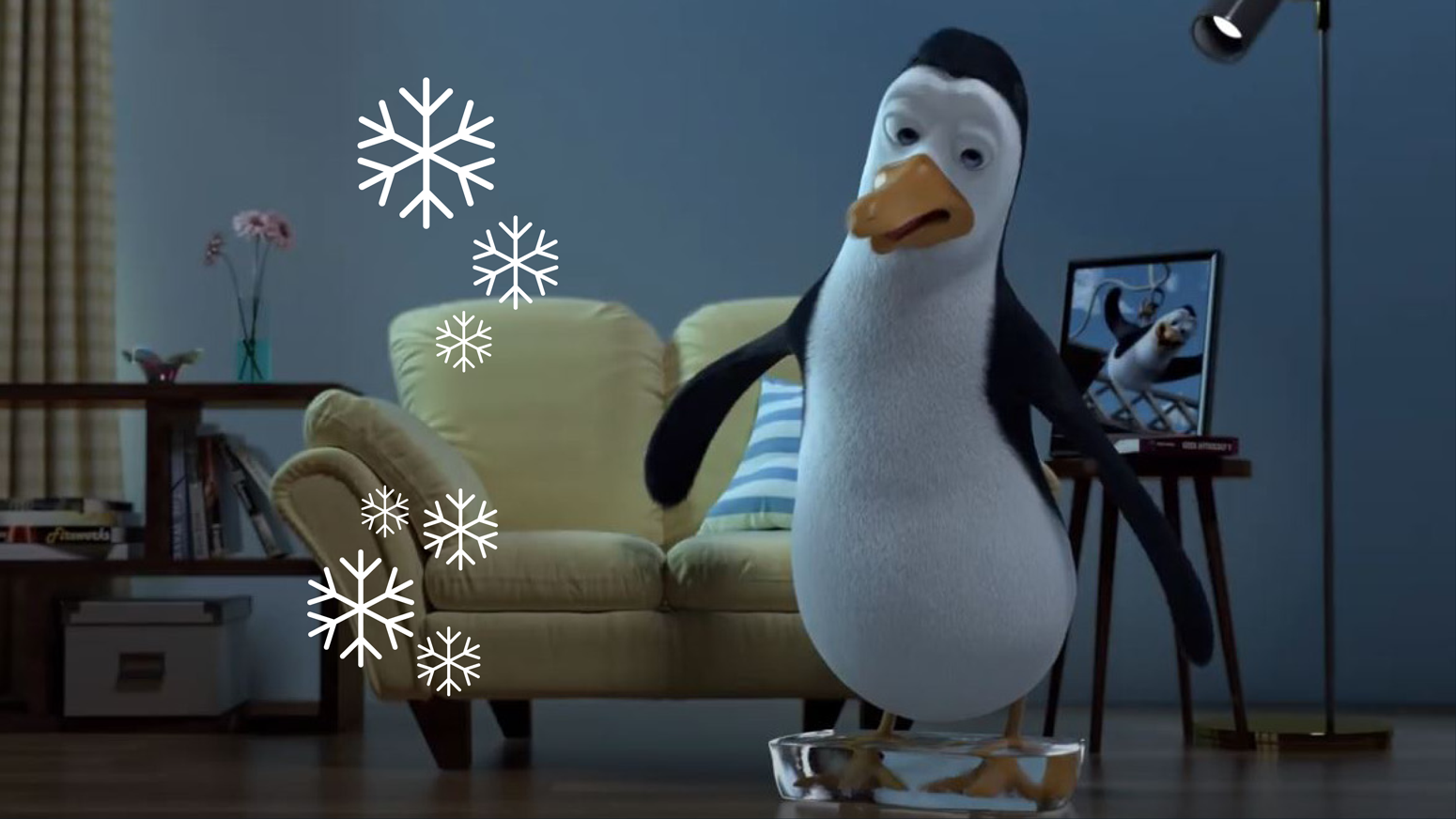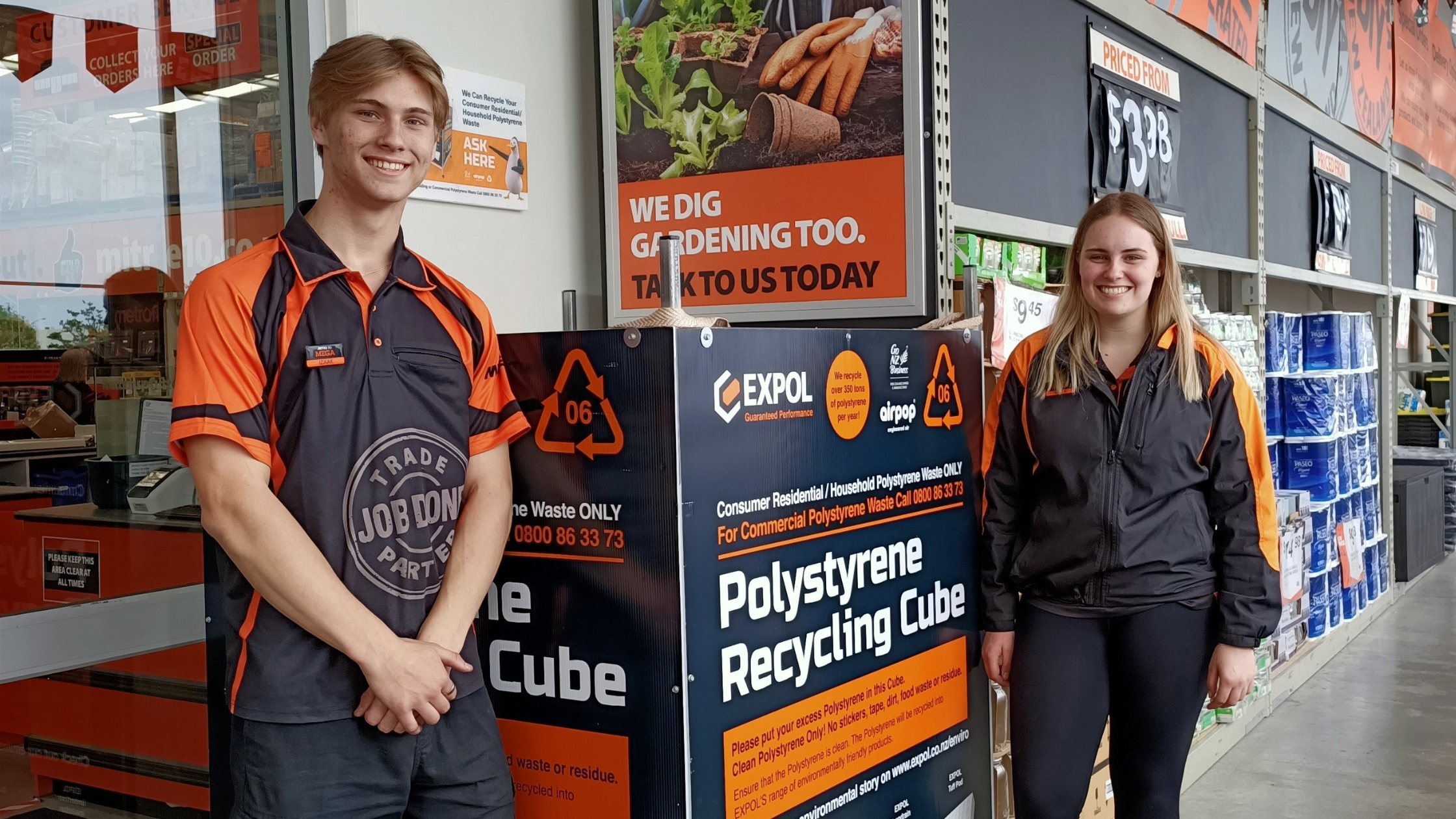Kiwi company waging war on polystyrene waste: “right thing to do” When it comes to…

4 Top Tips for a Greener Christmas
Christmas morning is perhaps one of the most exciting times of the year! The anticipation of a stocking full of presents, the frenzy of present opening, and the delight (mostly…) of Christmas surprises.
And then comes the clean up, where armfuls of Christmas packaging are crumpled up and crammed into bags for disposal. At the risk of sounding dramatic, Christmas has been called the world’s worst annual environmental disaster! In the week after Christmas, New Zealanders send 50,000 extra tonnes of waste to landfill, including large amounts of polystyrene. Happily, there are ways we can reduce our Christmas waste and have less of a negative impact on the planet.
Reduce, Reuse, Recycle
It has been estimated that New Zealanders will use 1600 tonnes of wrapping paper for their gifts this Christmas. On top of that, the gifts themselves come in layers of packaging – with a mixture of recyclable and non-recyclable waste. We’ve put some tips together to help reduce the impact, including the recycling of polystyrene waste (it’s 100% recyclable, but not through your council provided bin).
Tip 1 – Reduce:
Where possible, reduce the use of wrapping. Think about alternatives to wrapping paper, such as reusable gift boxes, upcycled gift bags or even fabric. You can also give gifts that are experiences rather than physical items, or consider whether a gift is actually necessary.
Tip 2 – Reuse:
Where possible, choose paper that can be recycled. However, if you receive gifts wrapped in paper with foil or plastic coating, they can’t be recycled. The good news is that these wrappings can often be smoothed out, folded nicely and used again in the future. The same applies for ribbons and bows, many of which are not recyclable but are definitely reusable. Tissue paper and cellophane cannot be recycled, but can also be reused a number of times. When tissue paper reaches the end of its life, it can be composted.
Tip 3 – Recycling Paper:
If you are buying wrapping paper, choose paper that can be recycled. If you are not sure, the fancier the paper (glittery, metallic, foil or textured), then it is less likely to be recyclable.
When unwrapping a present, the ‘scrunch’ test can tell you how likely it is that the paper is recyclable. Here’s how: Give the paper a scrunch. If it scrunches into a ball and stays scrunched (instead of flattening back out or unfolding), then it’s probably pure paper and can be recycled. If it doesn’t stay in a ball, it probably can’t be recycled. Patterned or plain paper can be recycled through council provided household bins.
Tip 4 – Recycling Polystyrene:
While paper and card can be placed in your recycling bin, polystyrene cannot. Polystyrene is often used to protect items in packaging, such as electronics, and large items or household appliances. Anyone who has bought a fridge and tried to dispose of the polystyrene will know just how much room it can take up in the rubbish bin! Luckily, polystyrene is 100% recyclable.
EXPOL provides 7 recycling centres nationwide, where polystyrene is recycled into new products such as insulation, drainage solutions or green beans for bean bags. There are 25 drop off locations around the country where households can drop off their polystyrene. Make a plan to deliver any Christmas polystyrene waste to a recycling centre near you. This will help save the polystyrene from entering landfill, and keep your rubbish bin free for other waste.
Where to take your polystyrene for recycling
The following centres have recycling cubes for polystyrene collection:

The EXPOL household collection points accept up to two full rubbish bags of polystyrene per household, which will be recycled to make new polystyrene products. Read more about EXPOL’s recycling programme on the EXPOL website.
Happy wrapping, unwrapping and recycling this Christmas! The EXPOL team would like to say thank you in advance for making the effort to bring your polystyrene recycling to one of our collection points. Every bit helps and together we can create a Greener Christmas!



